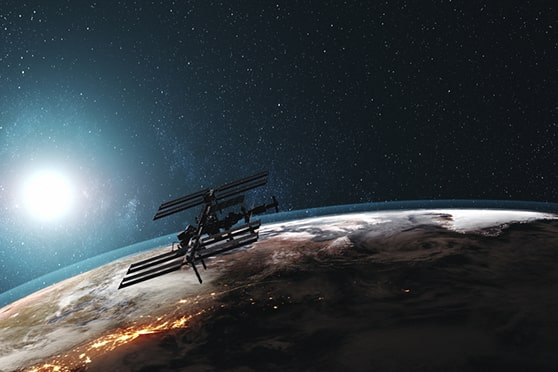ISRO offers free online course on Remote Sensing


The Indian Space Research Organisation (ISRO) is offering a free online course called Basics of Remote Sensing, Geographical Information System (GIS) and Global Navigation Satellite System (GNSS) for students as well as interested professionals and researchers on the Swayam platform.
The course can be completed in 15 weeks, and is being conducted by the Indian Institute of Remote Sensing (IIRS), ISRO. The course consists of 75 hours of learning spread across four modules namely basics of remote sensing, global navigation satellite system, geographic information system and applications of geospatial technology.
Interested participants will have to enrol for the course on the official website- (https://onlinecourses.swayam2.ac.in/aic22_ge16/preview), and the course will be conducted from January 24 to May 9, 2022.
Poonam S Tiwari, a scientist and teaching staff at the Indian Institute of Remote Sensing, ISRO, Dehradun, will conduct the course. She holds a master's degree in remote sensing and geographic information systems (GIS) and has completed her PhD from IIT Roorkee. The professor has more than 20 years of experience in photogrammetric applications, laser data processing, and automated feature extraction from research and teaching.
Course layout:
The participants of the course will be introduced to the basic principles of remote sensing, earth observation sensors and platforms, thermal remote sensing, spectral signatures of different land cover features and visual image interpretation and hyperspectral remote sensing technology. The modules that will be covered are as follows:
1. Remote sensing and digital image analysis : Basic principles of remote sensing, earth observation sensors and platforms, spectral signature of different land cover features, image interpretation, thermal and microwave remote sensing, digital image processing: basic concepts of rectification and registration, enhancement, classification and accuracy assessment techniques.
2. Global navigation satellite system : Introduction to GPS and GNSS, receivers, processing methods, errors and accuracy.
3. Geographical information system : GIS, databases, topology, spatial analysis and open source software.
4. RS and GIS applications: Agriculture and soil, forestry and ecology, geoscience and geo-hazards, marine and atmospheric sciences, urban and regional studies and water resources.
Participants will receive ISRO certificates if they appear for an assignment or quiz at the conclusion of each module and pass the final exam at the end of the course. The ISRO certificate will be awarded depending on the participants' internal and final scores.